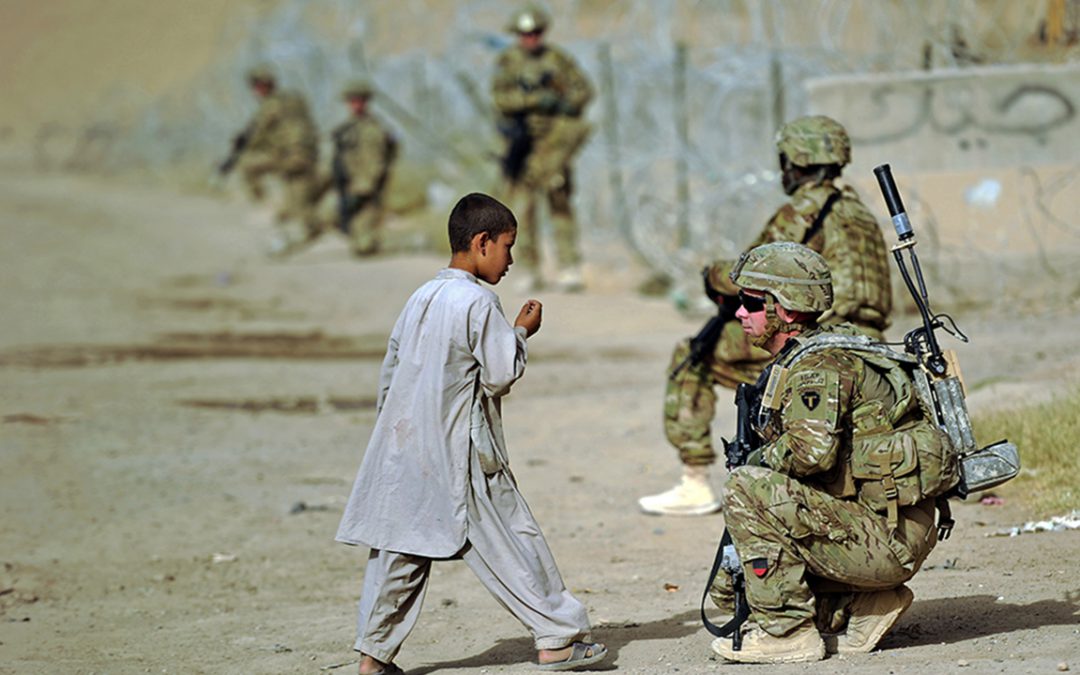Special Inspector General for Afghanistan Reconstruction John Sopko released a report last week with recommendations to improve the functioning and independence of the Afghan National Defense and Security Forces. Sopko, who was appointed to his post by President Barack Obama in 2012, recommended a more Afghanistan-specific plan rather than plans used in other countries.
Afghan security forces “are vital to everything we hope to achieve in Afghanistan,” Sopko said. “Without an effective Afghan security force, insurgents and terrorists will increase their control of provinces and population.”
Sopko said he is “cautiously optimistic” that efforts to create a reliable military and police force will now succeed because of changes made within the Afghan government and the willingness of President Ashraf Ghani to fix problems such as corruption within the country.
President Donald Trump’s new policy to increase troop levels in Afghanistan by about 4,000 from the current 11,000 is “great” and said the involvement of National Security Advisor H.R. McMaster and Defense Secretary James Mattis in developing the policy is another reason for optimism.
Marvin Weinbaum, director of Pakistan studies at the Middle East Institute, agreed that stable, functioning security forces in Afghanistan are crucial to the country’s stability, but said the forces are not yet strong enough to operate independently.
“If the U.S. pulls its troops out, the Afghan security forces will collapse,” said Weinbaum.
Shukria Dellawar, a member of the Afghan study group for the Center on International Policy, said she supported Trump’s decision that there will be no timeline for U.S. troops to leave Afghanistan, but said the overall strategy would not bring stability to the country.
“[It] may give a lifeline to the Afghan government, but it’s not going to solve the bigger issues which is the ongoing violence and lack of security in the country,” said Dellawar.
“The Taliban will not be defeated this way,” she said, noting that a military-focused strategy was unsuccessfully used by the Bush and Obama administrations. “The only way to end the Afghan conflict is to put a higher focus on the peace process.”
Since 2005, according to a quarterly report delivered Congress in July by Sopko’s office, over $68 billion has been granted to the Afghanistan Security Forces Fund, which provides equipment, funding and training to the Afghan security forces.
The National Defense Authorization Act that Congress passed on Sept. 18 provides another $4.9 billion for fiscal 2018.

